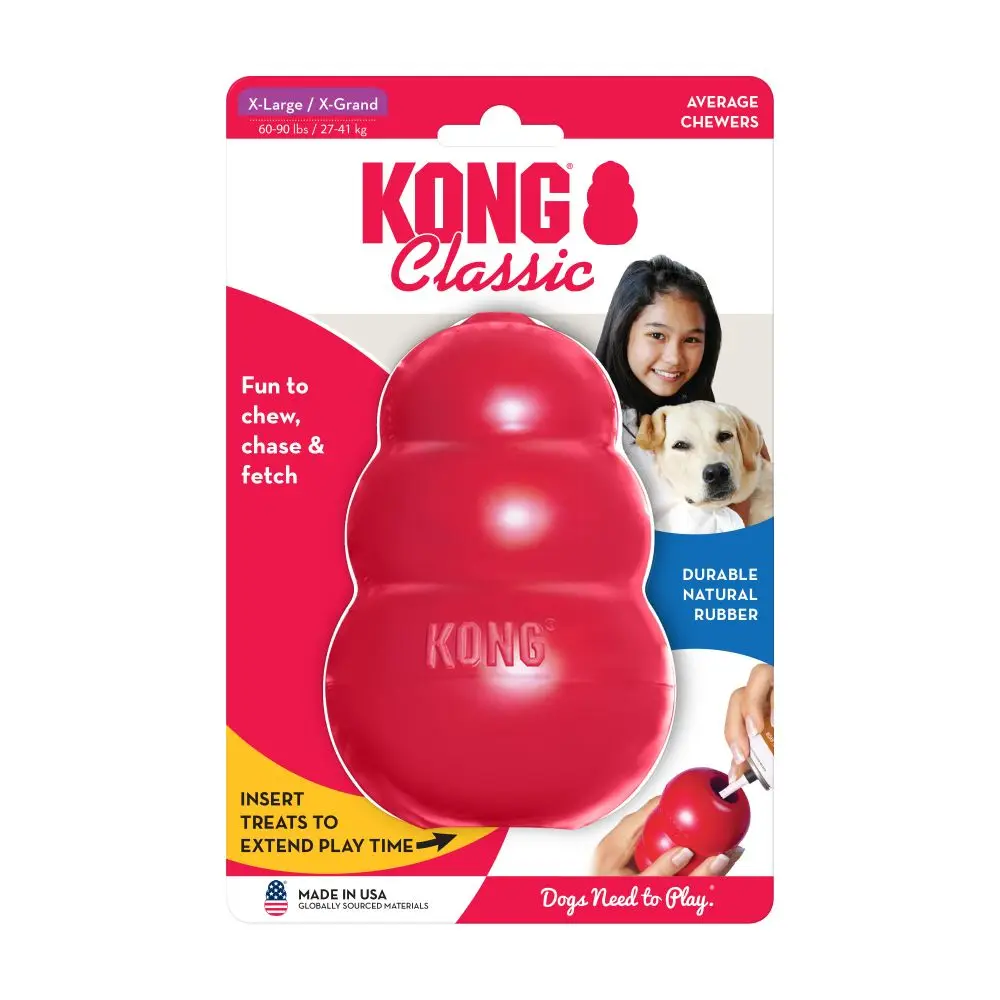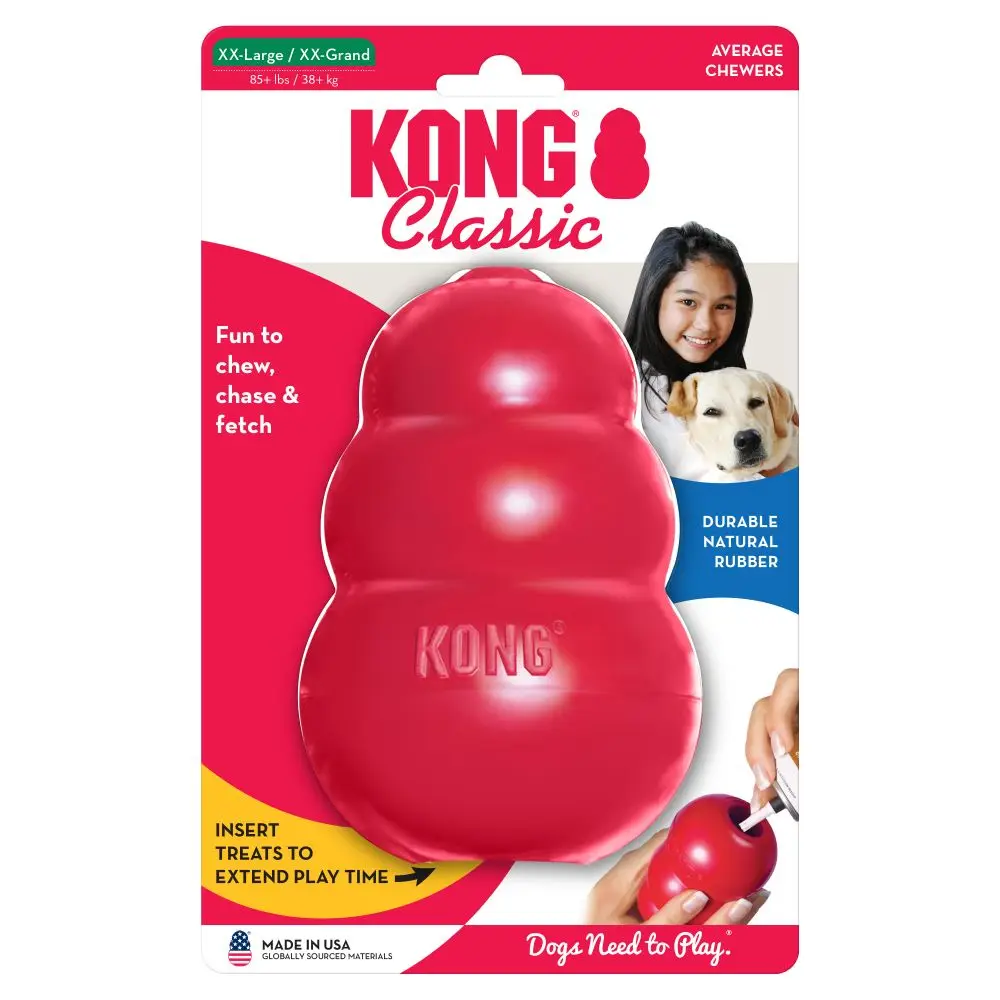How can you prevent your puppy from getting parvo without taking them to a vet Is there a preventative measure that can be taken beforehand
Parvovirus is a highly contagious virus that can be fatal to puppies. It is spread through contact with the feces of infected dogs, and can survive on surfaces for up to six months. Puppies are most susceptible to parvo between the ages of six and eight weeks, and can become infected even if they have not yet been vaccinated.
There is no cure for parvo, but it can be prevented through vaccination. Puppies should receive their first parvo vaccine at six weeks of age, and a booster shot at 12 weeks of age. Puppies are not fully protected from parvo until they have received both doses of the vaccine.
In addition to vaccination, there are other steps you can take to prevent your puppy from getting parvo. These include:
- Keeping your puppy away from other dogs: This is the best way to prevent your puppy from coming into contact with the parvovirus. Avoid taking your puppy to dog parks, pet stores, or other places where they may come into contact with other dogs.
- Cleaning and disinfecting your home: If you have other dogs in your household, it is important to clean and disinfect your home regularly to prevent the spread of the virus. Use a bleach solution to clean surfaces that your puppy may come into contact with, such as floors, furniture, and toys.
- Washing your hands: Always wash your hands after handling your puppy, especially if you have been in contact with other dogs.
If you suspect that your puppy may have parvo, it is important to contact your veterinarian immediately. Parvo is a serious illness, and early treatment is essential.
Related Questions
- Is there a 100% effective way to prevent my puppy from getting parvo? No, there is no 100% effective way to prevent your puppy from getting parvo, but vaccination and other preventative measures can greatly reduce the risk.
- What are the symptoms of parvo in puppies? Symptoms of parvo in puppies include vomiting, diarrhea, lethargy, and loss of appetite.
- How is parvo treated in puppies? There is no cure for parvo, but treatment can help to manage the symptoms and prevent complications. Treatment may include fluids, antibiotics, and anti-vomiting medication.
- Can puppies recover from parvo? Yes, puppies can recover from parvo, but early treatment is essential. The survival rate for puppies with parvo is about 70%.
- How long is a puppy contagious with parvo? Puppies with parvo are contagious for up to 10 days after they become infected.
Related Hot Sale Products
- PetSafe ScoopFree Original Self-Cleaning Litter Box
- Purina Pro Plan Puppy Food
- Kong Classic Dog Toy
- Nylabone Power Chew Durable Dog Toy
- Doggie Dailies Prebiotics and Probiotics for Dogs
Pre:What is the best way to prevent botulism in food handling
Next:How do you prevent getting a stroke What must you do

















